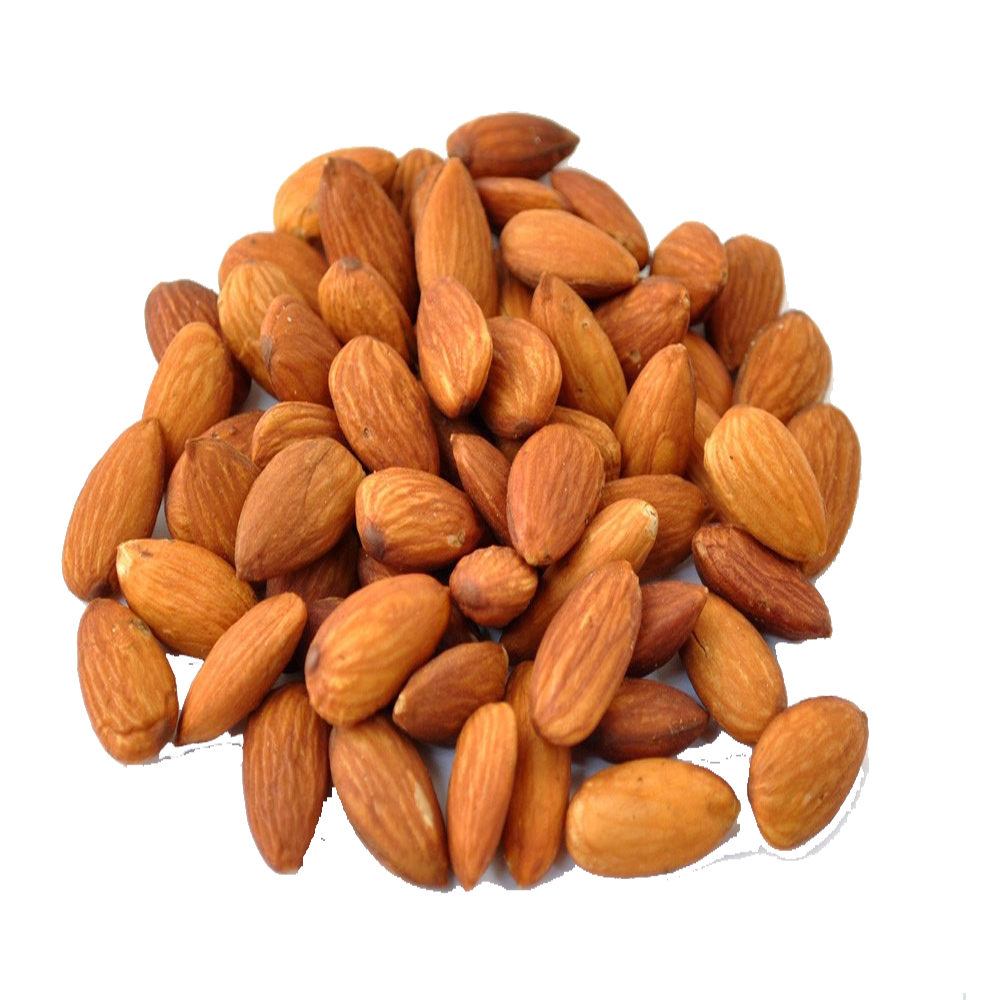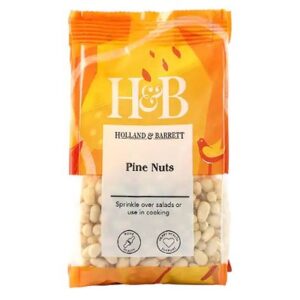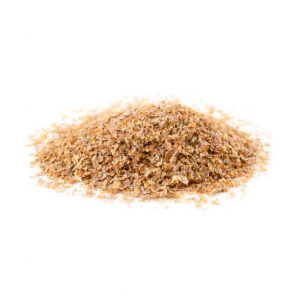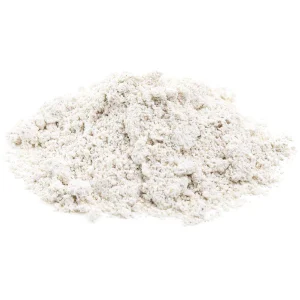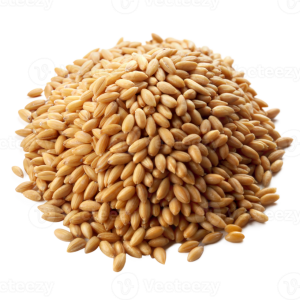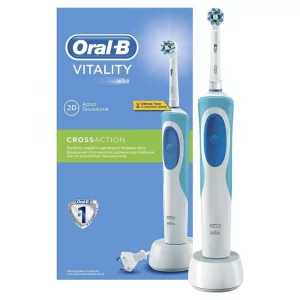Almond nuts contain vitamins, minerals, protein, and fiber, and so they may offer a number of health benefits.
Just a handful of almonds — approximately 1 ounce — contains one-eighth of a person’s daily protein needs.
People can eat almonds raw or toasted as a snack or add them to sweet or savory dishes.
They are also available sliced, flaked, slivered, as flour, oil, butter, or almond milk.
People call almonds a nut, but they are seeds, rather than a true nut.
ALMOND NUTS NUTRITION
The table below shows the amount of each nutrient in one ounce Trusted Source (28.4 g) of almonds.
This is approximately equivalent to a handful of almonds or around 23 almond kernels.
| Nutrient | Amount in 1 ounce | Daily adult requirement |
| Energy (calories) | 164 | 1,800–3,000 |
| Carbohydrate (g) | 6.1, including 1.2 g of sugar | 130 |
| Fat (g) | 14.2, of which 12.4 g is unsaturated | 20%–35% of daily calories |
| Fiber (g) | 3.5 | 25.2–30.8 |
| Protein (g) | 6.0 | 46–56 |
| Calcium (mg) | 76.3 | 1,000–1,200 |
| Iron (mg) | 1.0 | 8–18 |
| Magnesium (mg) | 76.5 | 310–420 |
| Phosphorus (mg) | 136 | 700 |
| Potassium (mg) | 208 | 4,700 |
| Zinc (mg) | 0.9 | 8–11 |
| Copper (mg) | 0.3 | 900 |
| Manganese (mg) | 0.6 | 1.8–2.3 |
| Selenium (micrograms or mcg) | 1.2 | 55 |
| Folate (mcg, DFE) | 12.5 | 300–400 |
| Vitamin E (mg) | 7.27 | 15 |
| Cholesterol | 0 | No data |

